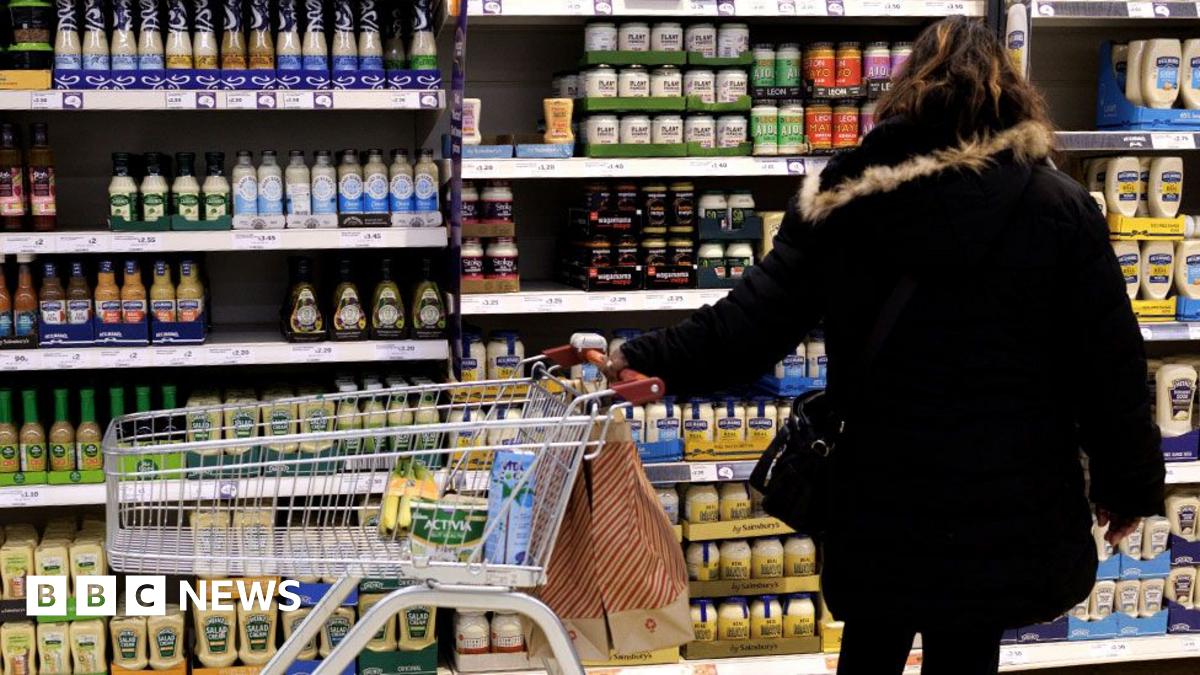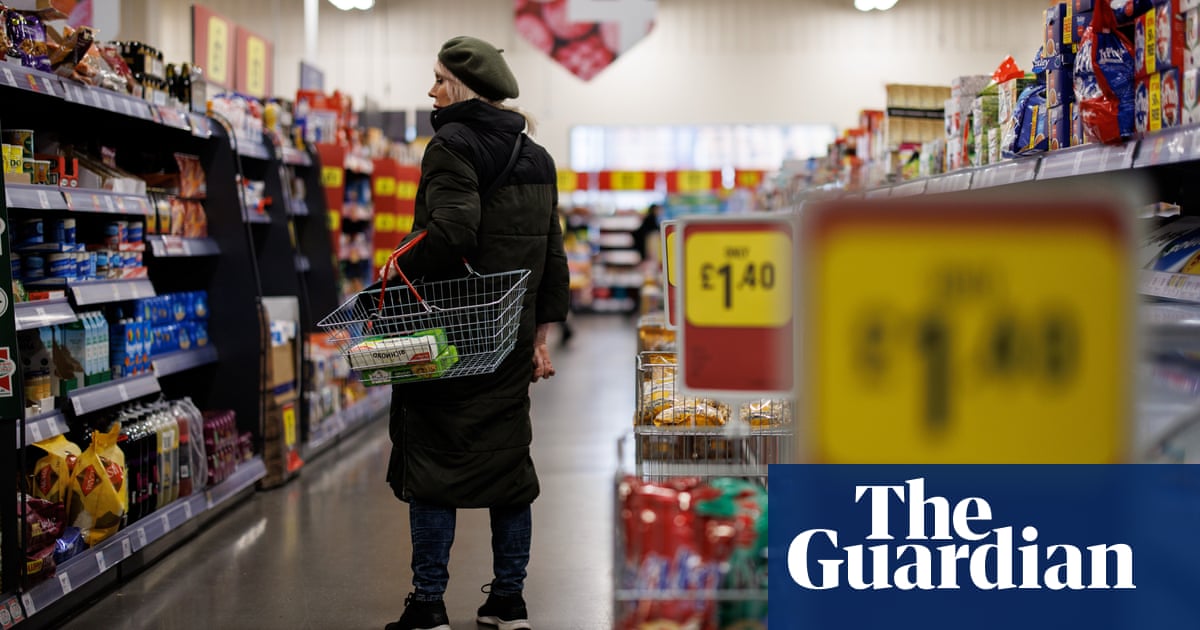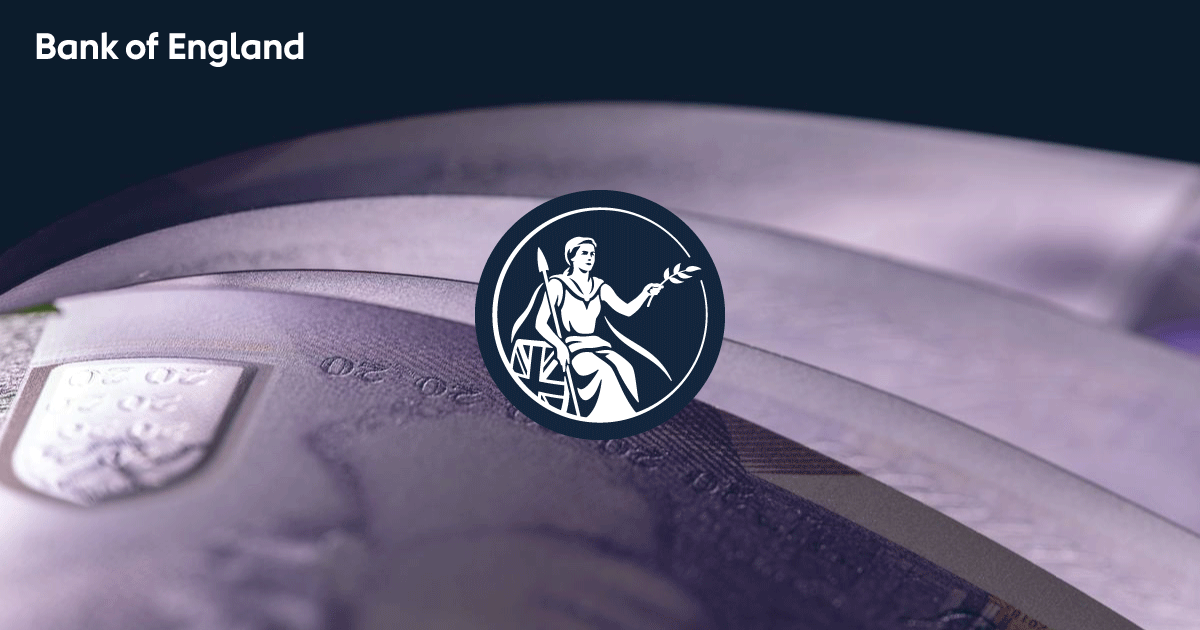UK: Inflation Falls to 2.5% in December

The Spin
Left narrative
Falling inflation offers relief to both the government and everyday households while bolstering market confidence. Despite recent pressure, the data shows Chancellor Rachel Reeves' measured fiscal strategy and support for working families are steps toward sustainable prosperity. However, stagflation remains a risk if inflationary pressures resurface alongside slow growth. Vigilance is vital — Labour must balance stimulus with measures to ensure economic stability.
Right narrative
While Labour may celebrate a modest dip in inflation, this temporary reprieve cannot mask the deeper issues in their economic policy. Reeves’ tax hikes, including the £25B increase in employer National Insurance, are set to push prices higher and strain businesses, risking another cost-of-living crisis. With inflation likely to rise above 3% and growth stagnating, Labour’s approach risks entrenching stagflation and eroding public confidence.
Metaculus Prediction
There is a 14.9% chance that the Pound Sterling and the US dollar will reach parity before 2030, according to the Metaculus prediction community.





